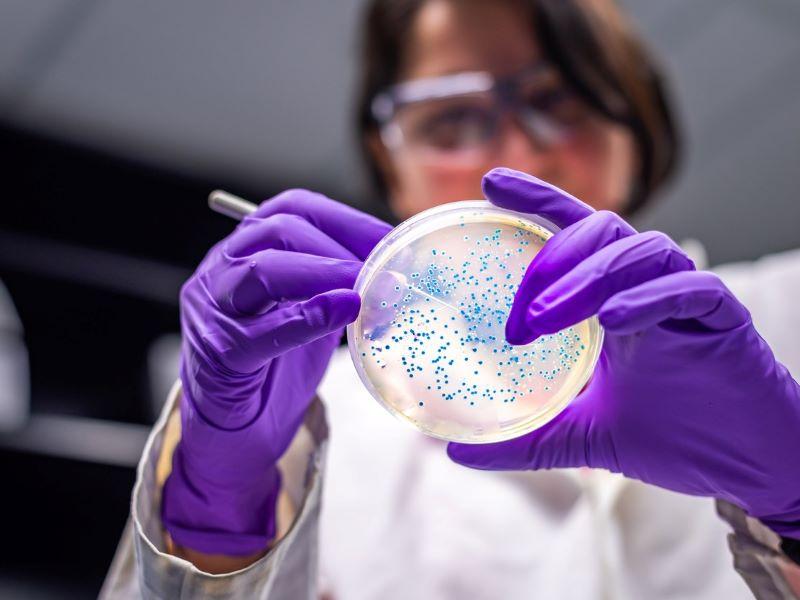
Use technology to boost productivity and beat burnout

You may also like
What works best for improving your productivity? Since the pandemic, the working world has adopted a more flexible perspective on motivation, assisted by increasing reliance on technology. I believe academics must go on their own personal journey to find the techniques that work for them.
We juggle multiple responsibilities, such as teaching, research and administrative duties, and each requires different skill sets and approaches to improving productivity. I’ve worked to prevent burnout by creating space and taking the time to re-evaluate myself as a human being.
Employ productivity tools
My productivity improved when I adopted effective habits, optimised my daily tasks and calculated my time management efficiently. These all require multitasking, so set clear goals for each of your duties and use relevant productivity tools. Organisation is as necessary as personal motivation for increasing productivity.
- Cameras on: how to overcome a key challenge in digital courses
- Eight ways to improve your digital well-being
- Resource collection: unplug from academia
Use project management software, such as Smartsheet, and record meetings and events on Google Meet to increase your presence in both physical and digital spaces. This provides you with a panoramic construction of your workflow, making it easier to prioritise tasks. By doing this, I can break down tasks into smaller jobs to make them more manageable and keep track of everything I’m responsible for, such as the deadlines of student assignments and the progress of my research submissions.
Manage your time
Time management is crucial for balancing your work schedule. Assigning specific time slots for each of your responsibilities will help keep you focused. It’s important to identify distractions that could affect productivity – turn off notifications on your phone or block certain websites. When I can mark the progress of my tasks in project management software at the end of the day, I feel both relieved and motivated to work harder.
Take it easy
Plan gentle activities such as simply looking out the window or being in nature to bring joy to your life. Focus first on your own mental and physical health by prioritising self-care, which in turn will help you cope with your daily tasks. Setting a rigid routine for tasks can lead to a loss of productivity, because in academia, many processes and research activities are necessary. It’s important to be honest with yourself. Come up with your own plan and find solutions to motivate yourself. Taking a day off, even half a day, or meditating can help.
When we can organise our resources and measure the outcome, productivity improves. Finding the ideal blend between my academic goals, administrative duties and research responsibilities has helped improve my efficiency, while also allowing me to make time for myself and my well-being. Modern technology can be indispensable once you have defined your priorities and desired outcomes. By harnessing its powers, I have not only improved my motivation but enabled myself to engage with and support my students better, facilitating an improved personal experience within the academic world.
Ayşe Hyusein is a lecturer and researcher in business administration at Near East University.
If you would like advice and insight from academics and university staff delivered direct to your inbox each week, sign up for the Campus newsletter.


